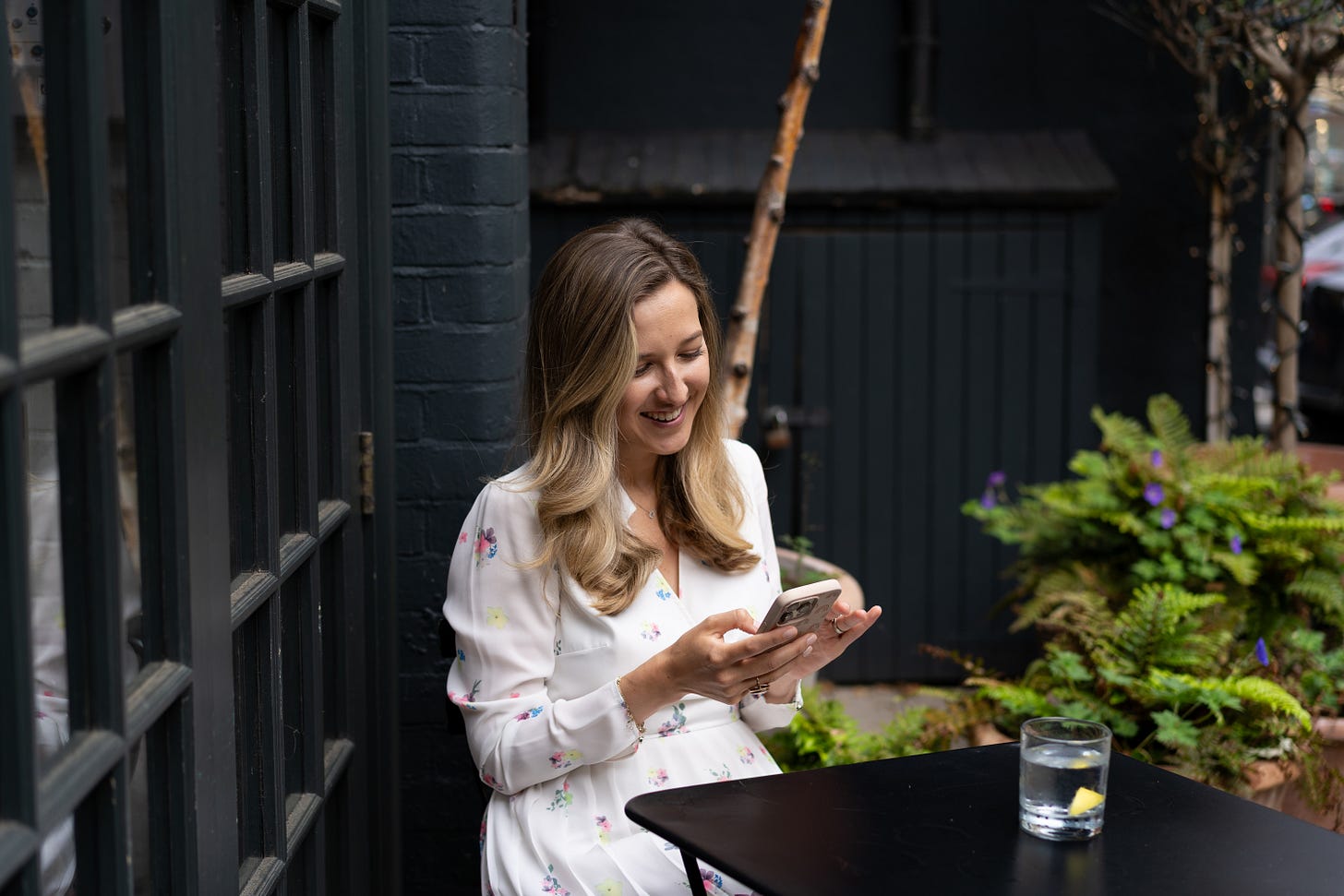Carea launches Postpartum Mum Tracker as UK mothers face a “silent epidemic” of postnatal mental health struggles
The daily companion app helps surface patterns and trends that need attention
When Anastasia Shubareva-Epshtein became a mother, she discovered what so many women learn the hard way: the world pays close attention to the baby, and almost none to the person who has just given birth. Now, her company Carea is putting mothers back at the centre with the launch of its new Postpartum Mum Tracker, a daily tool designed to help women monitor their physical and mental health throughout recovery.
The timing couldn’t be more urgent. One in five women experiences mental health challenges in the year after birth, yet most receive only a single six-week check-up—and even then, the focus typically falls on the baby, not the mother. For many women, the weeks following that appointment mark the beginning of an unsupported stretch where sleep deprivation, anxiety and identity loss collide with the pressure to “bounce back”.
Carea, which positions itself as a women-first pregnancy and postnatal wellbeing app, is trying to close that gap.
“We obsess over every ounce our babies gain, every minute they sleep and every milestone they hit, but the woman who’s bleeding, exhausted and losing herself? Nobody’s tracking her,” says founder Anastasia Shubareva-Epshtein.
The “silent” phase of recovery

Postpartum is often referred to as the fourth trimester, but in practice it remains one of the least structured and least supported phases of maternal healthcare. Countries like the Netherlands and South Korea provide weeks of in-home postpartum support; the UK offers a brief postnatal check and limited visibility of what happens next.
It’s in this space - between expectation and reality - where many mothers fall through the cracks. The NHS itself has acknowledged rising demand for perinatal mental health support, while the World Health Organization continues to call for stronger postpartum frameworks globally. But for women navigating the raw physicality of recovery, the emotional intensity of caring for a newborn and the sudden shift in identity, services can still feel fragmented or inaccessible.
This is the environment Carea’s new tracker enters: not as a clinical diagnostic tool, but as a structured, daily companion that helps mothers understand what’s happening in their bodies and minds.
What the Postpartum Mum Tracker does
Designed as a guided daily check-in, the tracker spans both physical and emotional dimensions of recovery. Mothers can log physical healing, breast and chest health, sleep and energy levels, anxiety, overwhelm and mood shifts, and bonding challenges. The app also allows users to log the sense of “losing yourself” that many women experience but rarely articulate.
The focus is pattern recognition rather than perfection. Carea’s system highlights “signs to watch for”, nudging users to seek support when needed and helping them build a picture of their recovery trajectory over time. By surfacing trends - worsening sleep, recurring anxiety spikes, persistent pain - the app aims to empower women to take their wellbeing seriously before they reach crisis point.
Carea also connects users with obstetrician consultant Dr Gergana Peeva, who explains the link between maternal wellbeing and infant outcomes:
“The best thing you can do for your baby is to be a happy mother, and a happy mother begins with a happy woman,” said Dr Peeva.
“Asking for time for yourself can feel impossible when you have a new little baby depending on you, but you can do it.”
For Carea, the Postpartum Mum Tracker is just one piece of a broader roadmap that includes an IVF mode and tools for miscarriage and pregnancy after loss, expected early next year.



